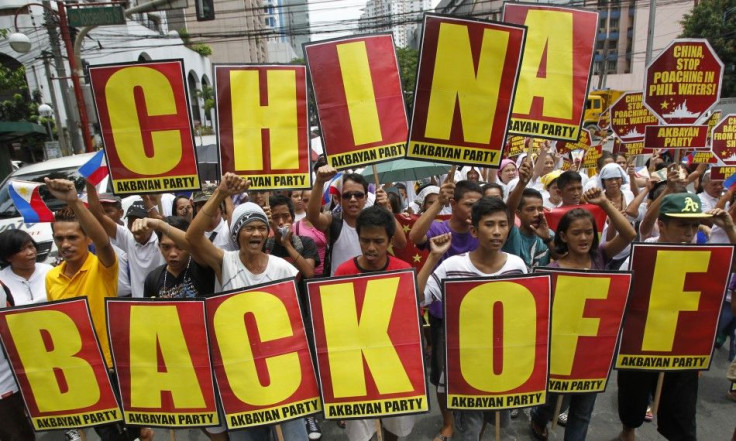South China Sea Dispute: A Resolution Seems Doubtful (EXCLUSIVE)

The settlement of the South China Sea dispute, with China, Taiwan, Vietnam, Malaysia, Brunei and the Philippines having laid territorial and jurisdictional claims, will involve compromise and an appreciation of the relative power of the countries involved, says a faculty member at the Loyola Law School, Los Angeles.
Reports say that China lays claim to almost the entire South China Sea and its growing maritime influence is a cause for concern among neighboring nations. In an exclusive interview with the International Business Times, Jeffery Atik, Professor of Law at the Loyola Law School says that in the case of the South China Sea dispute any large scale conflict seems out of the question. However, in the absence of a legal forum to resolve such a dispute, a lawful solution seems improbable.
Here are the excerpts of the interview with Atik.
What are the main issues in the South China Sea dispute?
The countries in the region are competing over rights to various resources, including oil and gas. There is also conflict over fishing in the sea – between countries with large fishing fleets and countries which seek to protect the South China Sea from overfishing. And there are national defense concerns at play as well. Various nations have asserted sovereignty over different features in the South China Sea, particularly the Spratly and Paracel Islands. While these features have little intrinsic value, their control may form the basis for control of large sectors of the South China Sea.
What are the claims made by China, Vietnam and Philippines?
Vietnam and the Philippines assert rights to South China Sea resources in their respective Exclusive Economic Zones (EEZs) and adjoining continental shelf. Contemporary international law grants coastal states – such as Vietnam and the Philippines – presumptive control over ocean resources found in their EEZs: a band extended 200 nautical miles from their coasts.
China’s claims are less clear. China frequently cites a 1947 map which features a nine-dash line that purports to demonstrate China’s historic claim to the greater part of the South China Sea, including the EEZs of the various coastal nations. But China may in fact have a more modest South China Sea claim, based on its contested claim to the Spratly and Paracel Islands and other features.
China may also have a national security claim to the South China Sea. Any such claim would likely be resisted by the United States, the major seapower in the region.
Why is the claim over the South China Sea important for these countries?
Vietnam seeks to develop the oil and gas resources within its EEZ, as well as to assure continued access to South China Sea fisheries for its fleet. Similarly, the Philippines desires energy development and access to fisheries. China asserts a claim to ‘joint development’ over the South China Sea resources.
What are the major issues which have come up due to this dispute?
Flashpoints include conflicts over the various ocean islands and other features, development of the Spratly Islands in order to support additional EEZ claims to resources, interception of fishing boats by China for overfishing, and competing invitations by Vietnam and China to foreign oil companies for exploration and development opportunities in the same areas of the Sea.
What are the possibilities of settling the dispute? Can the Association of South East Asian Nations (ASEAN) play an important role in this?
A legal resolution is unlikely, as there is no legal forum with jurisdiction to resolve these disputes. China prefers to deal with the relevant coast countries one by one; Vietnam and the Philippines support a united front against China, hence their resort to ASEAN. ASEAN has and will continue to be a forum for airing views on the South China Sea disputes. ASEAN has been used to promote an interim agreement and code of conduct with China to keep the disputes from getting out of hand.
© Copyright IBTimes 2024. All rights reserved.











